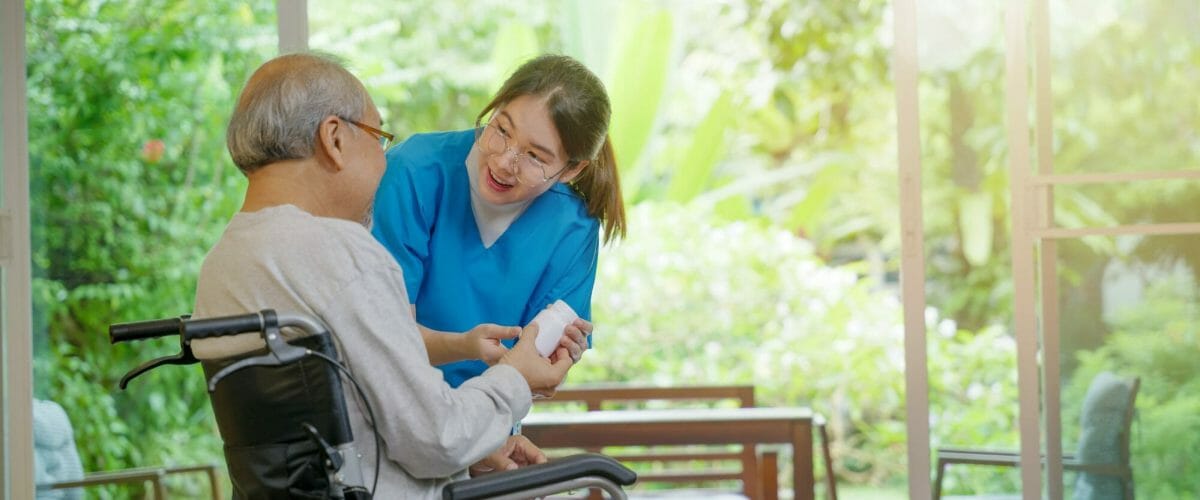Senior Scene
According to the Centers for Disease Control and Prevention (CDC), 72 million Americans will be 65 years of age by 2030. That number is expected to reach 83.7 million by 2050. While advances in medical science are clearly helping people live well into their 80s, 90s, and beyond, longevity brings its own set of challenges that may result in a loss of independence. Among them are chronic disease, cognitive impairment, falls leading to broken bones, poor nutrition, and more. So, in what ways do professional caregivers help ensure seniors maintain a lifestyle that allows them to stay independent?
1. Focusing on Senior Nutrition. Like most things that “go,” the human body requires adequate, consistent, high-quality fuel. This takes the form of healthy food that must be shopped for, prepared, and of course consumed. Today, there are usually in-store food shopper options and a variety of store-generated or outside delivery choices that will help seniors acquire the food items they need. There is usually an extra charge, but nothing beats the convenience of a service that helps provide consistently good nutrition. And while diet can’t always stave off chronic disease, a healthy body has a better chance of presenting a strong immune defense when illness strikes.
2. Exercise and Other Activities to Keep Up Senior Physical Health. For adults, the National Institute on Aging (NIA) recommends 150 minutes a week (2.5 hours) of moderate intensity aerobic exercise (walking; jogging; cycling; dancing), with strength training two days a week. That said, the same guidelines state that any exercise is better than none, so if a senior doesn’t consistently hit the mark, some movement is still recommended. This is where, following a healthcare provider’s sanctioned plan, trained caregivers can make a difference in the quest for independence by encouraging a client to get up, out, and move.
3. Medication Monitoring Key to Senior Independence. Staying current on prescription medication and vitamin supplements can mean the difference between a healthy life and a decline or hospitalization that results from neglectful medication management. A decline in mental acuity can sometimes cause forgetfulness as well. In this respect the caregivers can provide constant monitoring and reminders so doses are not missed, noting and reporting when a prescription needs to be refilled, and reporting changes in the client’s mental and physical health, mobility, and other issues—some of which may be a reaction to medication.
As seniors age, helping them maintain a good quality of life requires support in many areas. The role that a family caregiver or a professional caregiver play is invaluable and integral to a healthy, independent lifestyle.
Amada Senior Care









